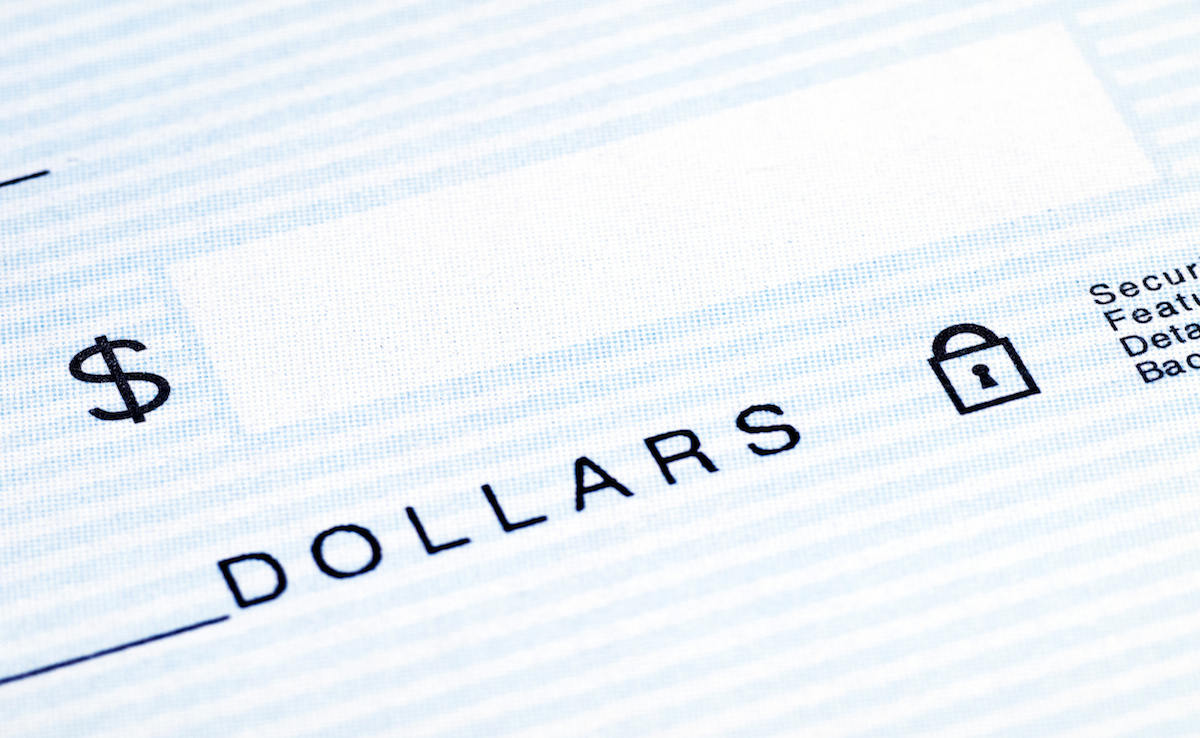Judges set bail based on a number of factors, many of which we will outline in the following paragraphs. The amount they set is important for you, the person responsible for bailing someone out of jail, because it determines the type of collateral you will need to secure a bond.
Before jumping into the different reasons bail is set at certain amounts, it’s important to know that bond agencies like Bail Hotline are interested in helping people live free lives while they await a court date. You always have options, especially if you have collateral on hand and the funds to pay a premium.
Charged Crime
The first piece of the puzzle is the type of crime a defendant is arrested for. More often than not, officers will charge a person for more severe crimes than he or she committed. Why? Because it covers different what-if angles. Because alleged charges are usually more severe, the court has no choice but to set bail to match the crime during an arraignment.
There are other factors that come into play, too, like whether or not a defendant commits a small crime but has a passport and $10,000 in cash on their person. The judge will look at these outlying circumstances to determine bail.
In addition, the bail amount may rise based on a defendant’s flight risk. This is figured into the equation if the charged person has a criminal history or has skipped out on court dates in the past. Alternatively, a defendant may be released on his or her own recognizance if they do not have a criminal record.
Bail Schedules
For smaller crimes, many jails will have bail schedules that allow people to bail out defendants before an actual arraignment. These are usually for petty and nonviolent crimes though the amounts vary based on location and certain circumstances.
To expedite the process and to get a friend or family member out faster, you should call the jail to see if that person’s crime is on the bail schedule. If it is, go to the jail and pay cash or call up a bail bondsman for more information.
Denied & Reduced Bail
In some circumstances, bail may be denied entirely. This is usually for major crimes and if a suspect has a serious record. On the other side of the equation, a suspect can ask the judge for a decreased bail amount. During the arraignment, any decreases in bail are rare but a definite possibility if the defendant is of sound mind and the crime was minor.
Overall, the bail cost can range between $500 and tens of thousands of dollars based on the crime and the suspect. More often than not, any major piece of collateral you have (property, cars, etc.) will be enough to secure a bond.
